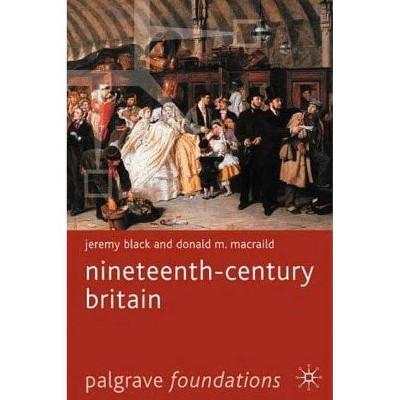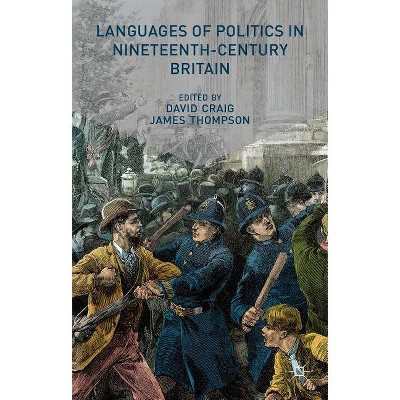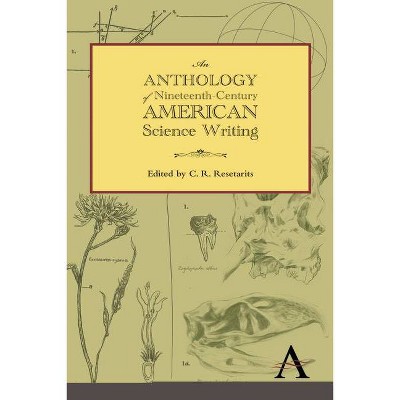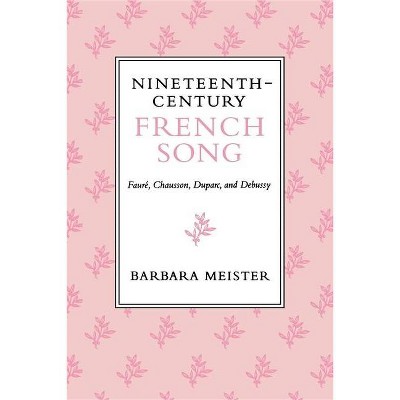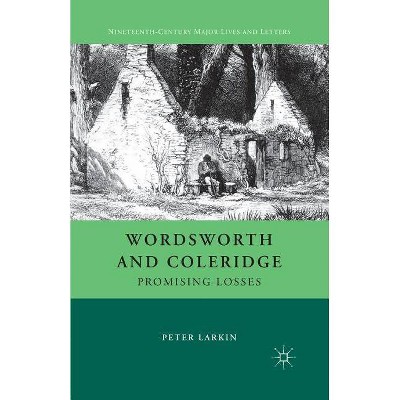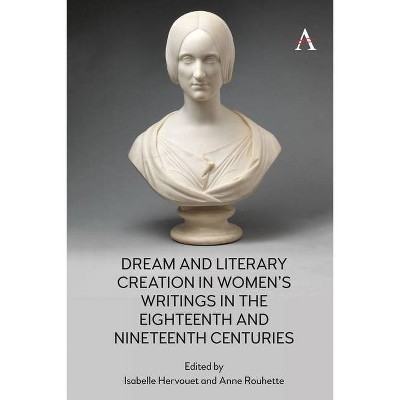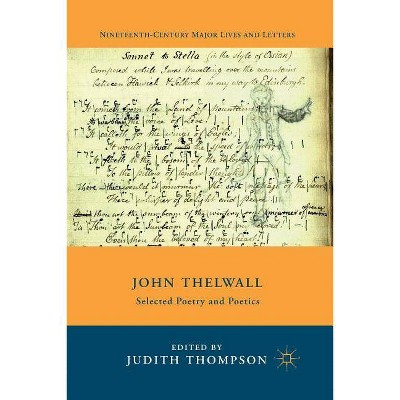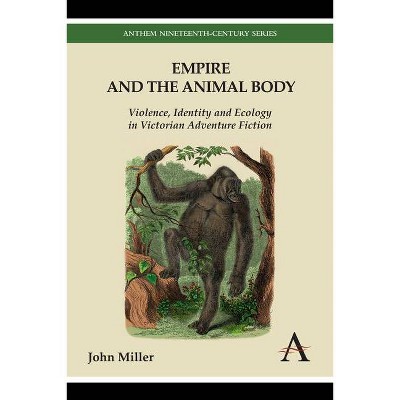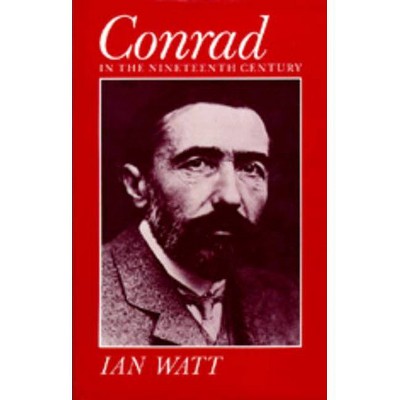Making and Remaking Saints in Nineteenth-Century Britain - by Gareth Atkins (Paperback)
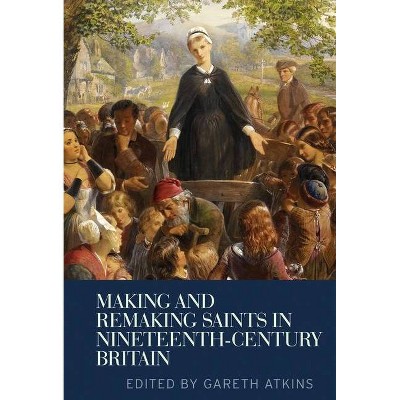
Similar Products
Products of same category from the store
AllProduct info
<p/><br></br><p><b> About the Book </b></p></br></br>This original collection of essays examines for the first time the place of 'saints' and sanctity in nineteenth-century Britain.<p/><br></br><p><b> Book Synopsis </b></p></br></br>This book examines the place of 'saints' and sanctity in a self-consciously modern age, and argues that Protestants were as fascinated by such figures as Catholics were. Long after the mechanisms of canonisation had disappeared, people continued not only to engage with the saints of the past but continued to make their own saints in all but name. Just as strikingly, it claims that devotional practices and language were not the property of orthodox Christians alone. <i>Making and remaking saints</i> explores for the first time how sainthood remained significant in this period both as an enduring institution and as a metaphor that could be transposed into unexpected contexts. Each of the chapters in this volume focuses on the reception of a particular individual or group, and together they will appeal to not only historians of religion, but those concerned with material culture, culture of history, and the reshaping of British identities in an age of faith and doubt.<p/><br></br><p><b> From the Back Cover </b></p></br></br><i>Making and remaking saints</i> examines the place of 'saints' and sanctity in a self-consciously modern age and argues that holy men and women were pivotal in religious discourse, as subjects of veneration and inter-confessional contention. It provides the first collection of essays exploring sainthood both as an enduring religious institution and as a metaphor that could be transposed into unexpected contexts. British Protestants were equally as fascinated by saints and sainthood as Catholics were. Long after the mechanisms of canonization had disappeared, they continued not only to engage with the saints of the past but continued to make their own saints in all but name. Saints were central to broader debates about gender, character, heritage and history, and even doubters and atheists had their patron saints. In an age of confessional strife, doubt and secularisation, devotional practices and language remained central to how both Christians and their opponents reflected on that changing world. Each of the sixteen chapters in this volume focuses on the reception of a particular individual or group. The collection will appeal not only to historians interested in religious thought and writing, but also those concerned with material culture and the experiences of ordinary people. It will be read by scholars who study the uses of the past and those looking at how anthropologists, archaeologists and other scholars began in the nineteenth century to investigate religion's pasts more dispassionately, as well as being of interest to readers from all religious traditions concerned with how denominational identities were shaped and reshaped.<p/><br></br><p><b> Review Quotes </b></p></br></br><br>The editor of this book, a Fellow of Magdalene College, Cambridge, has brought together a strong team of scholars who address a fascinating subject. Church Times, November 2016 'This splendid collection provides abundant evidence to support Clyde Binfield's dictum that the nineteenth century was 'hagiology's high noon'.' Robin Gill, Theology February 2017 'Making and Remaking Saints in Nineteenth-Century Britain will most certainly be a success for readers interested in the ways in which religious thought shaped and was shaped by the intellectual currents of the period.' Devon Fisher, Lenoir-Rhyne University, Journal of British Studies 'The editor is to be congratulated for having brought together such a selection of scholars, and for having presented a major contribution to the understanding of the religious and historical tensions of the period.' Serenhedd James, St Stephen's House, Oxford, British Catholic History 'This book does an excellent job of exploring the ways in which hagiography was rewritten and ecclesiastical history was contested. It does very valuable work in drawing attention to the interaction of Protestant and Catholic traditions and even occasionally gets into some daring and interesting territory in the course of discussions of the use of saints by freethinkers, atheists and spiritualists.' Dominic Janes, Keele University, Journal of Ecclesiastical History<br><p/><br></br><p><b> About the Author </b></p></br></br>Gareth Atkins is Fellow and Director of Studies in History at Magdalene College, Cambridge. He is also a member of the Bible and Antiquity Project at CRASSH, Cambridge
Price History
Price Archive shows prices from various stores, lets you see history and find the cheapest. There is no actual sale on the website. For all support, inquiry and suggestion messagescommunication@pricearchive.us
